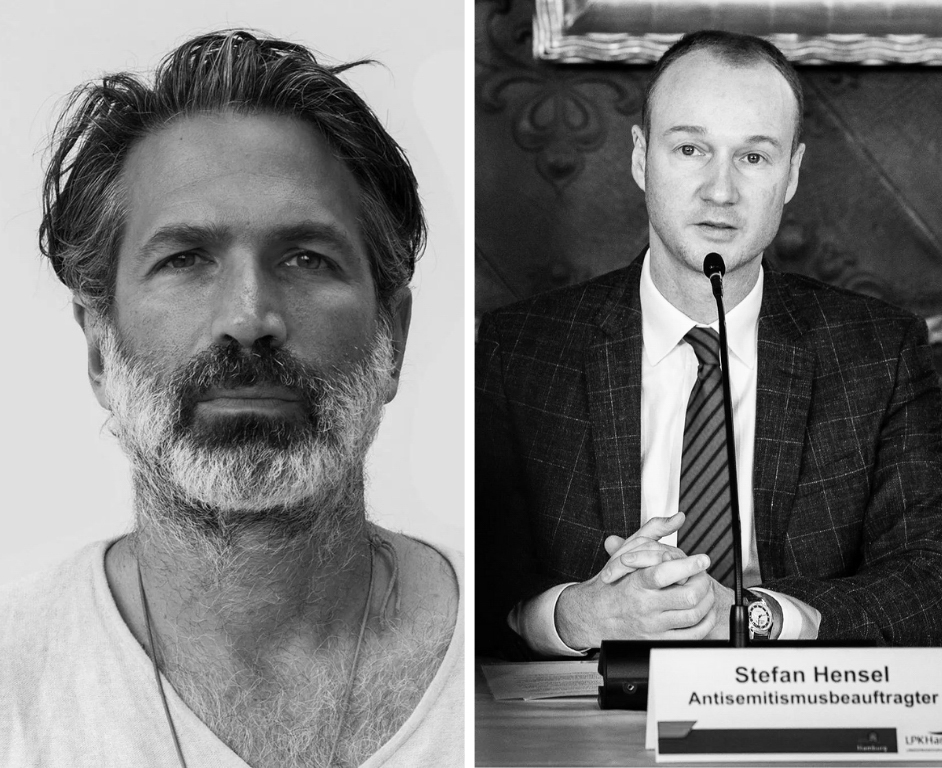Roger Waters is facing pushback from Germany. City authorities have canceled his upcoming concert over claims the Pink Floyd frontman is anti-Semitic. Yet activists say his experience is not an isolated incident when it comes to support for Palestine.
In February, Frankfurt’s City Council canceled Waters’s concert scheduled for May 28, stating in a press release that the musician “is considered one of the most widely spread anti-Semites in the world.” City officials cited Waters’ advocacy for a cultural boycott of Israel as one of the reasons for his alleged anti-Semitism. When reached for comment, Frankfurt City Council referred MintPress News to its aforementioned press release.
Waters responded by pursuing legal action against the city for his event cancellation. “My lawyers are taking steps to ensure that my concerts in Munich and Frankfurt in May 2023 take place as contracted,” Waters said.
Munich had filed a motion to cancel his upcoming concert but voted against the measure on March 22. In a statement to MintPress News, the city council said canceling Waters’ concert “would be illegal and would violate supreme court decisions.” A similar motion was tabled in Cologne.
Waters also addressed the anti-Semitism allegations and his views on Israel. In a statement, Waters said:
I want to state for the record and once and for all that I am not and never have been antisemitic and nothing that anyone can say or publish will alter that. My well-publicized views relate entirely to the policies and actions of the Israeli government and not with the peoples of Israel.”
In addition to Waters’ legal threats, more than 20,000 artists, writers, and public figures have signed a petition demanding Waters perform in Frankfurt.
“The officials vilifying Waters are engaging in a dangerous campaign that purposely conflates criticism of Israel’s illegal and unjust policies with antisemitism,” the petition reads. “This conflation perpetuates the antisemitic trope which presents Jews as a monolith who blindly support Israel.”
Cracking down on BDS support in Germany
Yet Waters is not alone in facing opposition from German authorities over his support for the Boycott, Divestment and Sanctions (BDS), a Palestinian-led movement advocating for a collective economic response against Israel. In fact, in recent years, a number of activists, scholars, and artists have been attacked in Germany for their criticism of Israel and support for BDS.
In February, the “Structural Change of Property” Collaborative Research Center at the University of Jena told University of British Columbia Professor Brenna Bhandar that they did not want to hold her planned talk in April due to her support for BDS. She had been invited to participate in the institution’s Mercator fellowship.
On March 8, the Israel-Palestine news website Mondoweiss published an open letter — signed by numerous scholars — against the center’s decision.
“The retraction of the public component of the Mercator fellowship on the basis of Prof. Bhandar’s personal commitment to solidarity with a call from Palestinian civil society is a glaring and unjustified breach of principles of academic freedom,” the letter’s authors wrote.
German-based activist group Jewish Voice for Just Peace in the Middle East had their bank account closed in 2019 because the organization supports BDS. The group could have their account reopened if they were examined by an anti-Semitism expert to determine if they were indeed anti-Semitic, but Jewish Voice declined to engage in that activity.
More recently, in the last year, Hamburg’s anti-Semitism commissioner, Stefan Hensel, began targeting artist Adam Broomberg for his BDS support.

The fresh wave of attacks against BDS supporters in Germany comes as a result of a parliamentary resolution passed in 2019 condemning BDS as anti-Semitic and cutting off funding to organizations that actively support the movement.
The resolution was passed with the help of pro-Israel groups, according to an investigation by German newspaper Der Spiegel. The report suggests that local organizations like the Middle East Peace Forum and Werte Initiative (Values Initiative) worked with Israel’s Ministry of Strategic Affairs to promote the resolution.
The Strategic Affairs Ministry, however, denied the claims, telling Israeli newspaper Haaretz that they had “no connection to the German Parliament’s decision, which it views as a decision that is principled, ethical, and important.”
Despite the resolution being non-binding, meaning it is merely an expression of opinion from Germany’s parliament, Wieland Hoban, chairman of Jewish Voice, said it has emboldened sects of German society to attack BDS and treat it as if it is illegal.
Hoban described that the resolution has created a “culture of denunciation” in Germany and generated widespread paranoia in cultural institutions over losing funding for being associated with BDS supporters.
After losing his mother in December, Broomberg came back to Berlin from South Africa to find an online smear campaign lodged at him by Hamburg’s anti-Semitism commissioner, Hensel.
On social media and in newspapers, Hensel described Broomberg as someone who “repeatedly defames [Israel] as an apartheid state and advocates a boycott against Israel” and “does not shy away from legitimizing terror against Jews.”
With these allegations, Broomberg said he was denied a teaching position, lost a €30,000 (around U.S. $32,000) grant, was pulled from an art show, and even received a death threat.
“Essentially, I have been canceled in Germany,” Broomberg told MintPress News. “I am not eligible for grants. My work won’t be shown in public institutions.”
However, Broomberg cautions treating Hensel as a lone actor in this anti-BDS war. Instead, he emphasizes Hensel is just a faction of the German state. “He is just representative of the German state’s strategy and attitude,” Broomberg said. Despite the slander, Broomberg declined to pursue legal action and is instead continuing to focus on his activism and work.
“The reason why Hensel is attacking me is because of the work I’m doing both on the ground here and around Palestine,” he said. “And what he’s doing is diverting me away from that.”
For Jewish Voice’s Hoban, the BDS resolution may have emboldened the Israel lobby in Germany, but it has also invigorated pro-Palestine activists. “On the one hand, it means that our opponents have a lot of power to silence us and to silence Palestinians. But at the same time, I feel that it creates an opportunity to draw attention to conflict,” Hoban told MintPress News. “So then not to be demoralized by some canceling, but to take that as something to talk about in order to make the case.”
Feature photo | Illustration by MintPress News
Jessica Buxbaum is a Jerusalem-based journalist for MintPress News covering Palestine, Israel, and Syria. Her work has been featured in Middle East Eye, The New Arab and Gulf News.
The post Roger Waters V. the Machine: Inside the Pink Floyd Frontman’s Battle For Free Speech in Germany appeared first on MintPress News.
